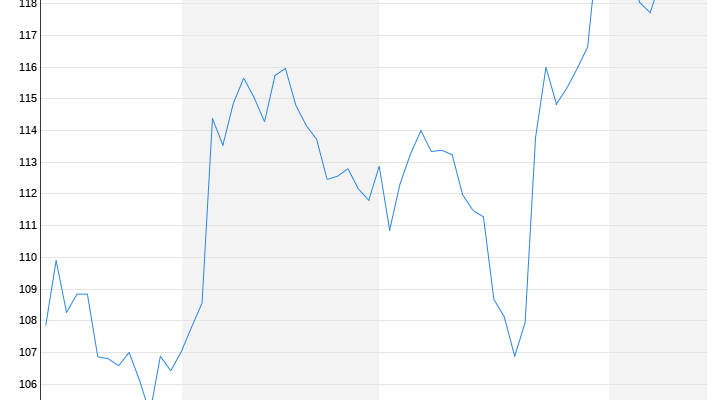Trial over the diesel affair
Former VW boss Winterkorn denies guilt
February 14, 2024, 4:17 p.m
Listen to article
This audio version was artificially generated. More info | Send feedback
After the emissions scandal at Volkswagen became known, investors suffered heavy losses. Billions in damages have been negotiated in Braunschweig for years. Former VW boss Winterkorn is now speaking out about the scandal in court for the first time.
In the billion-dollar investor trial against Volkswagen and its main shareholder Porsche SE because of manipulated emissions values, former VW boss Martin Winterkorn denied responsibility for the illegal defeat devices. He said before the Higher Regional Court in Braunschweig that he was not involved in the decisions about the development or use of the shutdown device. “I neither requested nor promoted this role nor condoned its use.” Winterkorn said in a short statement that he only found out about the problems late and incompletely.
Initially he assumed that VW itself would quickly find a technically and legally sound solution for diesel vehicles in the USA. “If I had been given a complete picture, I would not have hesitated to tackle the events directly and clarify them,” said Winterkorn.
It is the first time that the long-time CEO has spoken out in court about the diesel scandal. So far, the 76-year-old has only spoken on the subject to the Bundestag investigative committee and to the law firms commissioned by VW. His hearing is initially scheduled for two days. Winterkorn resigned in 2015 a few days after the massive fraud became known and now lives in seclusion in Munich.
How much the failure of his life’s work affected him became clear in the hearing: When the speech came to September 18, 2015, the day on which the “Notice of Violation” from the US Environmental Protection Agency (EPA) came, Winterkorn broke down the voice. In his statement, he announced that he would not comment on developments between July and his resignation in September 2015 – the period immediately before the scandal broke. Under pressure from the EPA, Volkswagen admitted that it had manipulated diesel emissions values using software. This ensured that the engines met the nitrogen oxide limits on the test bench, but emitted many times more of these toxic exhaust gases on the road.
Diesel cars as an alternative to Toyota hybrids
In his questioning, judge Christian Jäde goes into detail about the years after 2005. At that time, the development of the vehicles began with which Volkswagen wanted to compete with the hybrid models, especially from Toyota. But technically it wasn’t easy to clean the diesel vehicles; In particular, there is a conflict of objectives when it comes to the combustion temperature: the lower it is, the less nitrogen oxides are emitted – but more soot is produced. “At that point, I was not aware that this conflict of objectives would lead to a solution that was not permissible,” said Winterkorn. The investor process is primarily concerned with the question of whether Volkswagen and Porsche informed investors too late about the extent of the diesel scandal, which caused the share price to fall sharply.
At the same time, criminal proceedings are pending against Winterkorn in Braunschweig for emissions manipulation. The accusation here is commercial fraud. In addition, criminal proceedings on suspicion of market manipulation have been reopened. Winterkorn rejected both accusations.
The scandal triggered a large number of lawsuits. In June 2023, the former head of the Volkswagen subsidiary Audi, Rupert Stadler, was sentenced by the Munich regional court to a suspended sentence and a fine worth millions. For five years, the Braunschweig Higher Regional Court has been negotiating a model lawsuit brought by the Sparkasse fund company Deka Investment due to price losses suffered as a result of the VW emissions scandal.
The plaintiffs – mostly institutional investors – accuse Volkswagen and the defendant Porsche Holding of keeping the information about “Dieselgate” secret for a long time, thereby causing them to lose the value of their shares. The Wolfsburg-based car manufacturer counters that the price relevance only became apparent with the publication of the EPA on September 18, 2015. Compensation for the emissions scandal, primarily fines, damages and legal fees, has so far cost Volkswagen more than 32 billion euros.
